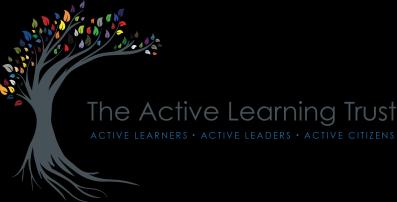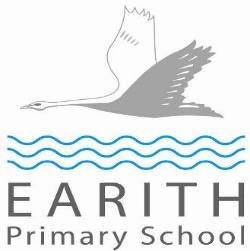

How we Learn Music at Earith Primary School:
Intent, Implementation & Impact

Children understand that music can engage and inspire them to develop a deeper appreciation, curiosity and love for musical genres & culture more widely.
Children understand that music can increase their self-confidence, creativity and sense of achievement.
Children develop their knowledge, skills and talent as musicians.
Children participate in a variety of musical experiences, appreciating music’s integral role in helping them feel part of a community.
IN EYFS, Children will develop their understanding, self-expression, vocabulary and ability to communicate what they see, hear and participate in, using music as a vehicle for this.
We aim that our pupils become confident in sharing their own preferences and making choices about different ways that can express themselves.
Implementation:
Planning:
The core of our planning meets the requirements of the National Curriculum using the Charanga scheme of work. Teachers also have access to, and use Plan Bee at their discretion. Music planning, where appropriate, has cross-curricular links which further builds on pupils’ cultural capital. Medium Term planning links to one of the school’s key concepts.
Lessons:
Units of work typically follow a specific learning sequence:
- Listen with attention and Appraise
- Musical Activities (including pulse and rhythm)
- Singing and Voice
- Playing instruments
- Improvisation / Composition
- Perform and Share
Children will be clear about what they are learning and how they can be successful
Emphasis is placed on musical vocabulary, allowing children to talk about pieces of music using the correct terminology
Knowledge organisers are used at the teachers’ discretion to reinforce key musical knowledge and associated vocabulary
Teachers have high expectations for pupil engagement as well as for what pupils can achieve
Opportunities are taken to perform in class, in whole assemblies and also to parents and the wider community.
Music enrichment activities are delivered by professional musicians who expertly share their passion and skill to inspire the children
Additional opportunities are offered in music, such as peripatetic music teachers who teach regularly in school and work closely with the Music Lead to allow all pupils an opportunity to learn a musical instrument
In EYFS, children follow a combination of some of the Year R & Year 1 Charanga schemes of work, as recommended by Charanga, and implemented by the EYFS Lead.
As part of enhanced and continuous provision our children have the opportunity to explore and investigate the process they go through rather than on the finished product. They have provisions available to allow them to explore playing instruments, use everyday objects to make music, sing, move rhythmically and expressively to music, listen to music and create their own, with the opportunity to apply ICT skills to enhance or record their work. Children are supported to develop their confidence and pride in their creative achievements. Direct adult and music lessons ignite children’s creativity, which they further explore through provision and child-led activities.
Assessment:
Planning is mapped out in our curriculum cycles and progression of skills is tracked by teachers using the Chris Quigley Curriculum Milestones and used to inform medium term plans which support differentiation in mixed age classes.
Live feedback – verbal and/or written – is used wherever possible to support and challenge children’s understanding and development in music
Demonstration of the Earith Core Values is acknowledged and celebrated.
Quizzes (including use of the Charanga Reflect, Rewind & Replay and Listening Centre function) may be used to further bolster knowledge and skills of the subject
Parents:
Parents are made aware of what children are learning/how to support them through information on the website, newsletters, parents evening, informal/formal conversations and by attending special musical events.
Impact:
Impact of the music curriculum is measured in several ways:
Formative assessment:
Teachers respond to the day-to-day emergent needs of pupils, providing support and feedback during the lesson and in informing the next steps for subsequent lessons in order to respond effectively to gaps in learning or provide further challenge.
Knowledge assessment:
Using the school’s knowledge assessment cycle, pupils take part in cyclical quizzes at multiple points throughout the year in order to provide an opportunity to recall what they have learnt currently and previously as this process promotes memory retention and provides a link to current learning.
In EYFS, TT is updated termly, using additional documentation, such as Development Matters, to support. At the end of the Reception Year, judgements are made against the Being Imaginative and Expressive; Speaking & Listening and Attention & Understanding Early Learning Goals which is complemented by use of the Charanga scheme of work. The EYFS Lead monitors coverage and opportunities of this through the ‘Planning for Progression from EYFS to Year 1: Music’ document.
Music Leadership:
The music leader engages with a range of external sources to ensure the music curriculum provides the best offer possible for the children.
The music leader engages with and leads on music CPD and ensures that they and all staff have the subject knowledge necessary to deliver the Charanga/Music curriculum
The music leader monitors the Earith music curriculum by using a range of sources including lesson visits/typicality walks, planning
scrutinise, pupil learning conversations and of course, watching musical outcomes e.g. the children’s performances. These sources form the basis of evaluating the impact of the curriculum, strengths and emerging priorities.
The music leader reports to the Earith governing body regarding the quality of education in music
